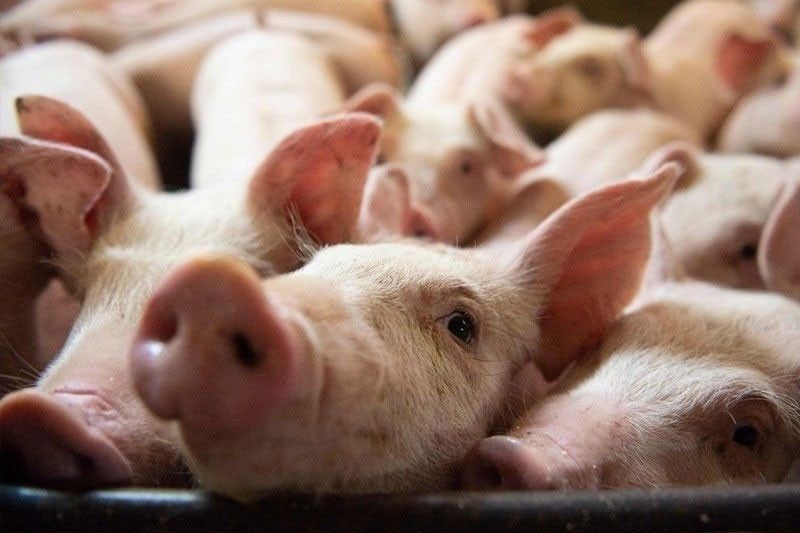Hog raisers seek government help amid deluge of pork imports

MANILA, Philippines — The country’s hog raisers reiterated their call for government intervention as the industry continued to reel from the deluge of imported pork, as well the impact of the peso depreciation on production costs.
In a radio interview yesterday, National Federation of Hog Farmers Inc. (NFHFI) president Chester Tan expressed concern over the peso’s freefall against the dollar, which breached the 58:$1 mark this week.
“The peso-dollar exchange is a huge disadvantage to us because our cost to produce will go up again,” Tan said in Filipino.
“We hope the government will also pay attention to the swine industry and implement interventions,” he said.
The rising cost of production is adding to the hog raisers’ problem of overflowing imported pork products in the local market.
“We are affected. Our local producers are becoming more and more discouraged to continue their business because they are afraid that the harvest will be low,” Tan said.
The group said the country has 89 million kilos of imported pork in cold storage, with more imports still coming in, which is a concern of local producers.
“It is very difficult to compete with imported products and we admit that the price of local fresh pork is a bit higher compared to imported because we have a premium price due to freshness,” Tan said.
Despite a lot of imported pork in the country, retail prices in the market remain elevated at an average of P350 per kilo.
“At this price, the farm gate price should not drop below P210,” Tan said.
The current farm gate price in the National Capital Region (NCR) is at P175-P185 per kilo.
“This is just the cost to produce. The price gap from farm to market prices is large,” Tan said.
The country’s hog raisers are incurring losses at P175-P185 a kilo and this has been going on for two months already, the NFHFI leader said.
“Producers did not benefit from high prices. Consumers also did not benefit from the low farm gate prices,” he said.
Latest data from the Bureau of Animal Industry (BAI) showed the country imported 851.84 million kilos of meat and meat products from January to August this year, higher than the 795.59 million kilos shipped in the same period last year.
Of the total, pork imports accounted for more than half or 54 percent at 464.84 million kilos. This is 20.56 percent higher than the previous year, exceeding the forecast of the United States Department of Agriculture (USDA) on pork.
The USDA earlier said pork imports are expected to reach 400,000 metric tons or 400 million kilos this year, driven by the extended reduced tariffs on pork imports under Executive Order 171.
Under EO 171, the 15 percent in-quota and 25 percent out quota tariff rates for pork will be extended until Dec. 31 to bring down prices and stabilize the country’s supply of pork.
Based on the DA Bantay Presyo, prevailing prices in NCR markets were P300 a kilo for pork ham or kasim and P370 a kilo for pork liempo.
- Latest
- Trending




























